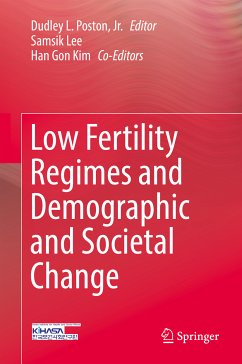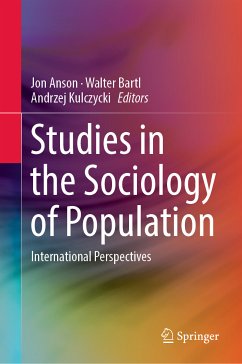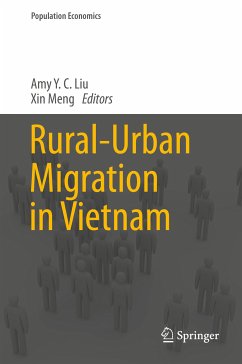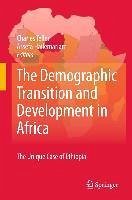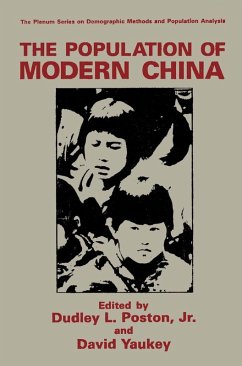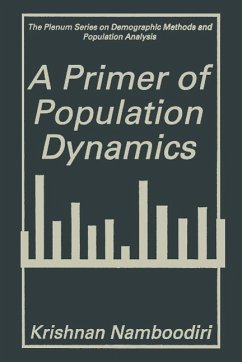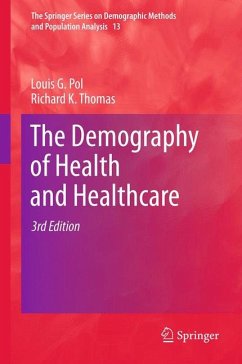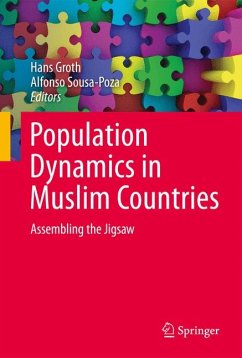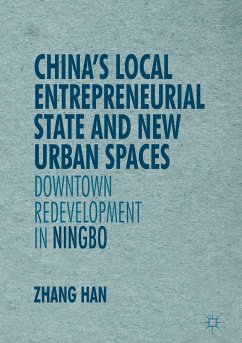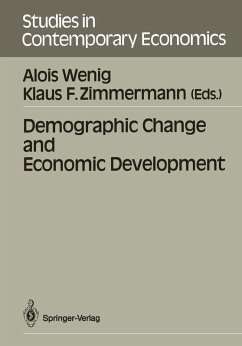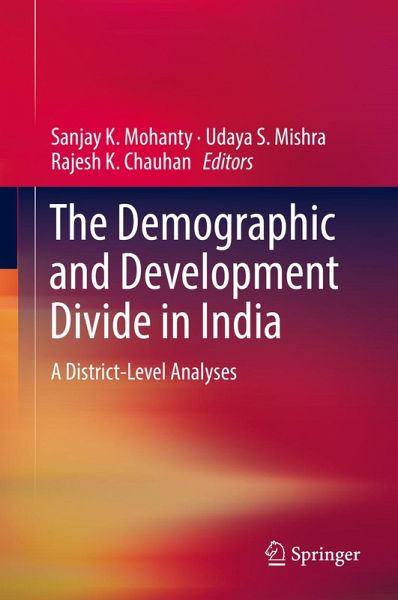
The Demographic and Development Divide in India (eBook, PDF)
A District-Level Analyses
Redaktion: Mohanty, Sanjay K.; Chauhan, Rajesh K.; Mishra, Udaya S.
Versandkostenfrei!
Sofort per Download lieferbar
88,95 €
inkl. MwSt.
Weitere Ausgaben:

PAYBACK Punkte
44 °P sammeln!
This book is the first-ever volume which provides comprehensive information on demographic, health and development at the level of 640 districts in India. Central and state governments, developmental organizations, national and international NGOs and researchers require disaggregated data at the district level for many practical purposes. However, such information is not readily available for use. The editors, with a close-knit group of collaborators, have compiled data from reliable sources for each district of India and present the results in the form of composite indexes. The chapters rank ...
This book is the first-ever volume which provides comprehensive information on demographic, health and development at the level of 640 districts in India. Central and state governments, developmental organizations, national and international NGOs and researchers require disaggregated data at the district level for many practical purposes. However, such information is not readily available for use. The editors, with a close-knit group of collaborators, have compiled data from reliable sources for each district of India and present the results in the form of composite indexes. The chapters rank districts within the state and vis-à-vis all districts of India to help readers understand intra-district and inter-district developmental disparities. They present spatial analyses that depict clustering of development. It is a ready reference for planners, researchers and students and provides scientific analyses that depict the clustering of development parameters at the district level.
This volume is meant for a wide readership interested in development in India, across population studies, sociology, economics, statistics, to regional development, and from academics, researchers, and planners to policy makers.
This volume is meant for a wide readership interested in development in India, across population studies, sociology, economics, statistics, to regional development, and from academics, researchers, and planners to policy makers.
Dieser Download kann aus rechtlichen Gründen nur mit Rechnungsadresse in A, B, BG, CY, CZ, D, DK, EW, E, FIN, F, GR, HR, H, IRL, I, LT, L, LR, M, NL, PL, P, R, S, SLO, SK ausgeliefert werden.



